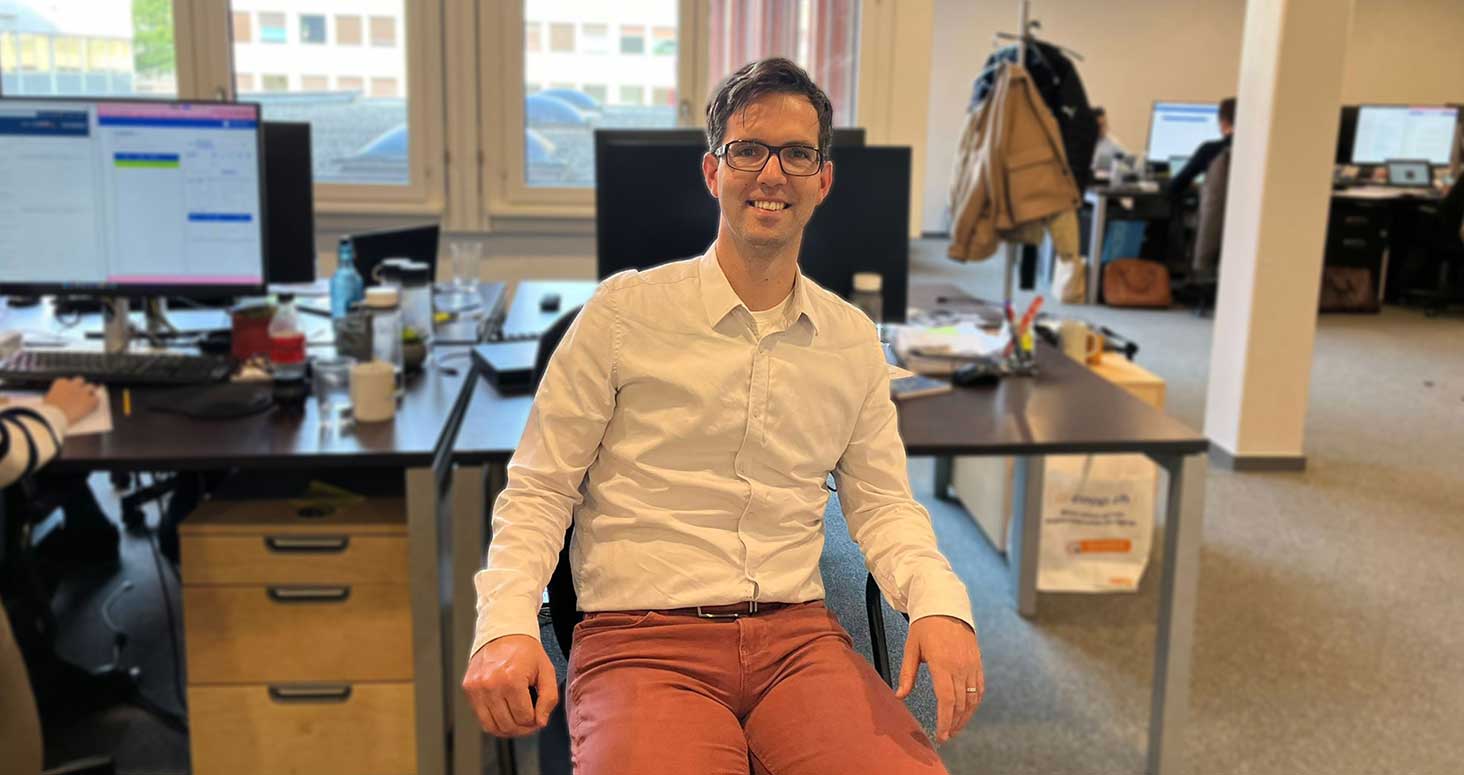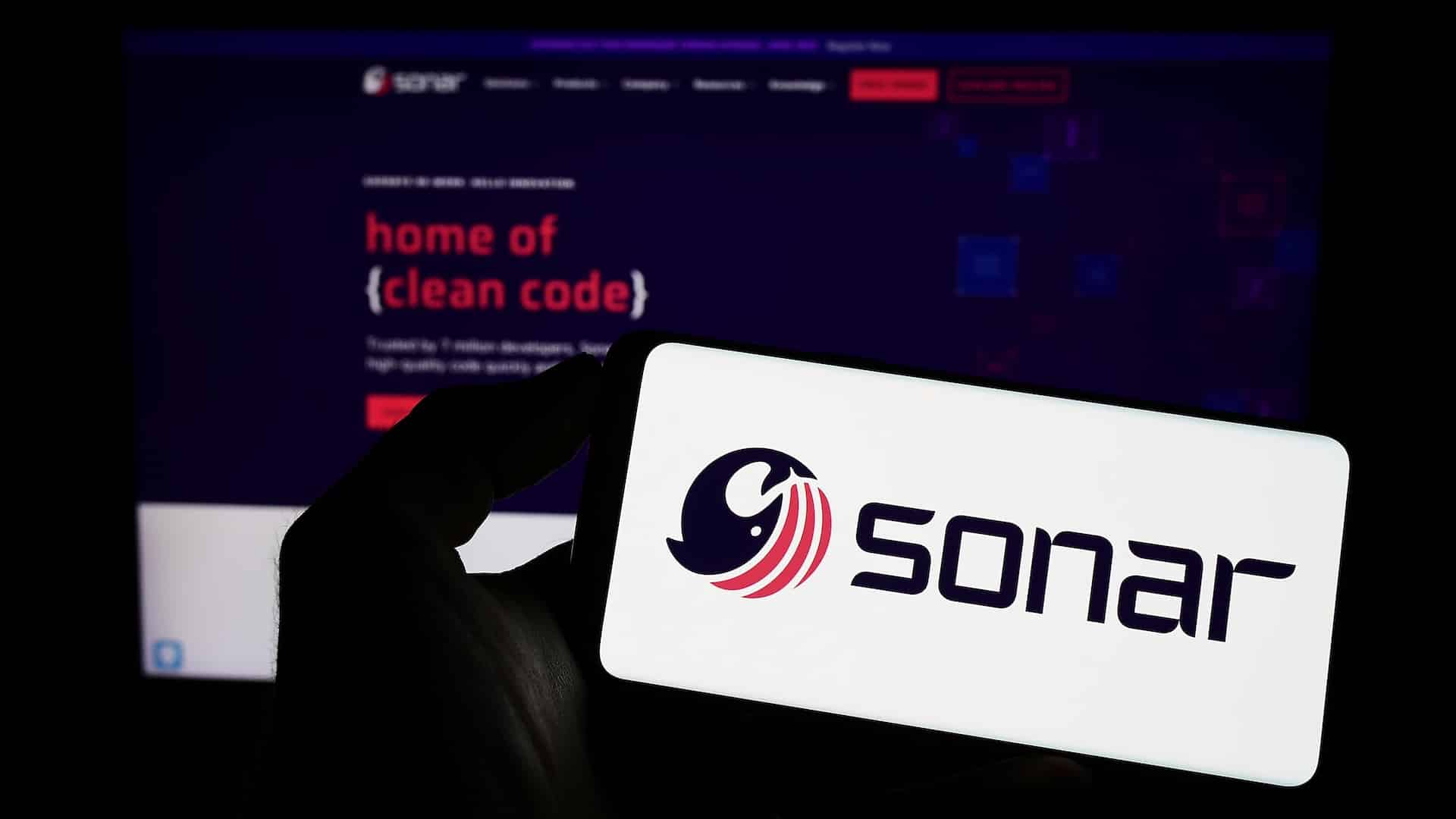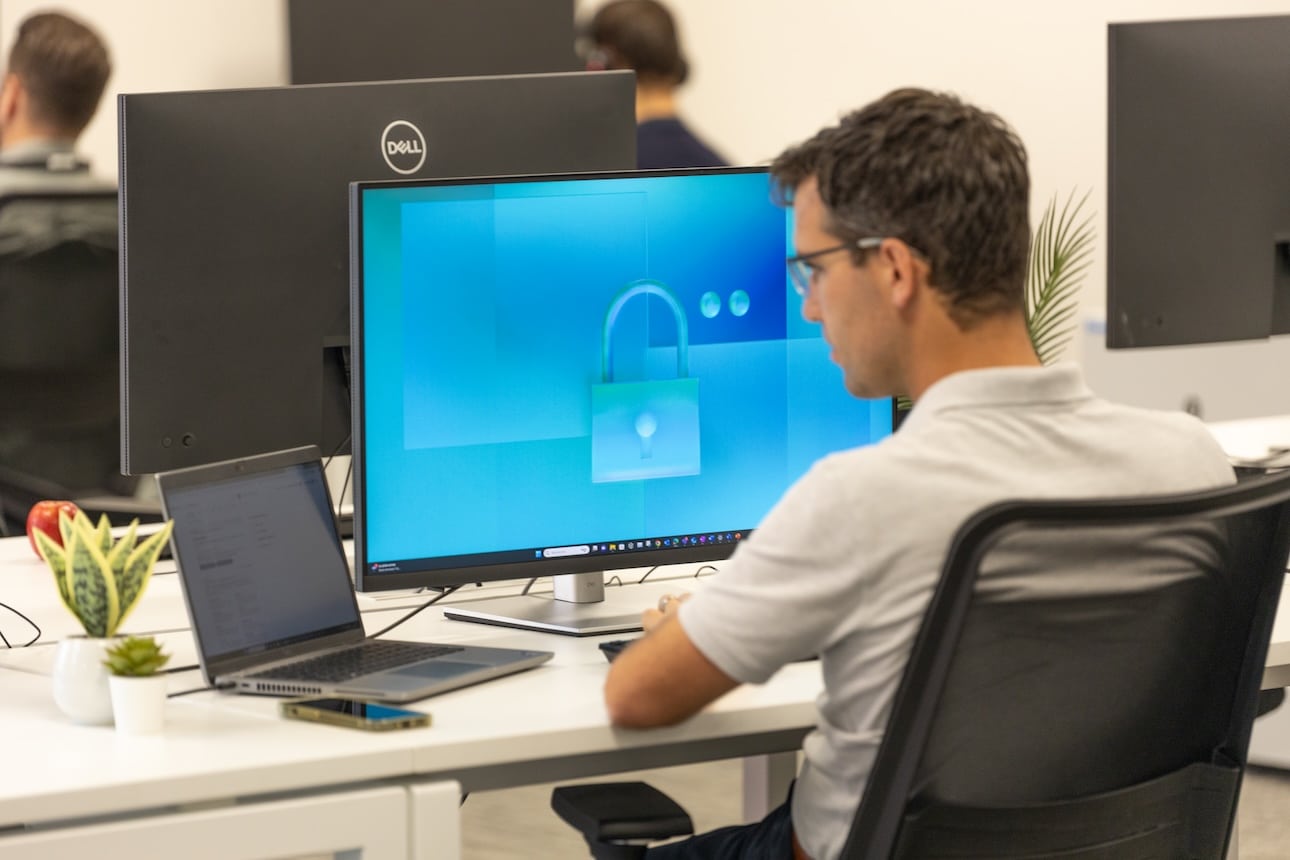After presenting Clément and his “Cloud and DevOps” department, it’s Xavier’s turn to be interviewed. Xavier heads the “Modern workplace and Workstation” department in our Centre of Expertise. He will introduce us to the technologies they prefer working with and the projects he and his team have taken on.
What does “Modern Workplace and Workstation” mean? What technologies are you working on?
Xavier: our core competencies revolve around managing the workplace and collaborative tools, otherwise known as Modern Workplace and Workstation.
As far as collaborative tools are concerned, our two main activities consist in integrating solutions at customer sites using Sharepoint On-Premise technologies (i.e., hosted locally and not in the cloud) and the Microsoft 365 product suite (Sharepoint, Teams, One Drive, Planner).
For workstations, we deploy Microsoft solutions that remotely manage computers and mobile terminals. With this technology, a company can simplify its IT department’s task load by automating the configuration of the entire company’s workstations, including installed applications, chosen security level, installation of automatic updates, etc.
Our service offer is much broader: We also provide Business Analysis and Governance services. If you want to implement a document management solution, we can support you in understanding your needs, defining what features and functionalities you need, and writing adequate specifications.
And to come full circle, we also maintain and operate the solutions mentioned above to ensure that your platform is always operational.
2. How many people work in your department today, and what is a typical day like?
Xavier: currently, our team is comprised of 14 experts with varied and complementary profiles. There were only four of us four years ago!
Our team is divided into three groups:
- The Administration/Infrastructure/Security team implements the solutions at customer sites (infrastructure and configuration) in the cloud and locally hosted solutions. They configure and secure the solutions implemented and any workstations.
- Functional experts support you in collecting needs and managing change. They can also train your team in the new ways of working brought about by the changes in work tools.
- The Development and Integration team technically implements the solution, develops tools that may be needed to deploy the solution to the computer system, and can set up customised features.
The department’s entire team has a wide range of skills, and our operating methods allow us to manage a project from A to Z by adapting to the constraints throughout the project.
3. What types of clients do you work with?
Xavier: without naming names, as confidentiality is a must, we work with clients from various sectors: Watchmaking, insurance, banking, and more. Our clients can be small businesses needing Teams training to large public and private organisations needing assistance conducting large projects.
For each project, our objective is not to sell a particular technology but rather to respond to certain types of specific uses: Collaborative tools, document management, intranet and extranet, workstation management, and more. We also call upon our colleagues in other Qim info Centre of Expertise departments to offer the best possible solution to each customer.
4. Can you tell us about one of the department's projects that you are most proud of?
Xavier: the innovative project carried out for IMAD (Institut Genevois d’Aide à Domicile) based on Power Platform technology comes to mind. In total, four collaborators with diverse skills were mobilised for six months to design this solution. You can read the article that talks about the project.
5. What developments are you expecting in 2023 for your department and the technologies you work with?
Xavier: in terms of technology, VDI (Virtual Desktop Infrastructure) deployment, or virtual desktops, comes to mind. In concrete terms, this means that we will no longer need a high-performance computer, but only a screen and an Internet connection. The computer’s power, data, and applications will be hosted in the cloud. Users will take out an online subscription and no longer depend on a fixed workstation.
More specifically, within our department, we will continue to use and develop the Power Platform technology. Some of our employees are also trained to integrate artificial intelligence into collaborative tools. There are great projects ahead!







